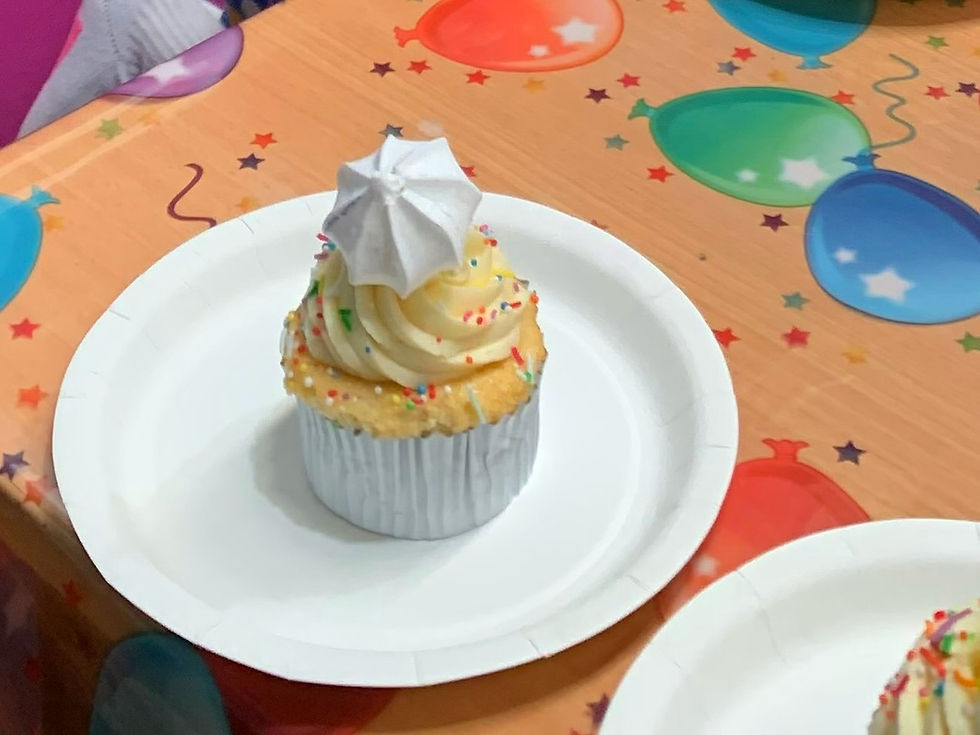Why a blog?
- Neurodivergent Doctor
- Jan 30, 2022
- 2 min read
Updated: Mar 25, 2022

I’m a late diagnosed Autistic, ADHDer.
I followed the path common to many late-diagnosed adults. I noticed my own neurodivergence after my child was identified as Autistic.
When my child was identified, my ideas about autism were all wrong. My head was full of stereotypes. What I’d learned about autism during my medical degree was pitifully brief, and focused on deficits.
Then I found a blog by Julia Bascom about the joy of autism. It resonated. She wrote about noticing visual details in the world and how they made her feel like she was “sparkling”. Just like when I see a new flower in my garden. For the first time, I saw the beauty in being Autistic. Maybe I didn’t need to worry that my child was so captivated by symmetrical, silvery beads on a curtain rope - maybe I should feel sorry for people who don’t sparkle for that!
Like a butterfly effect, that blog set me on a path of blooming ideas on neurodiversity. I plunged into information seeking. I now know passionate interests and deep-dives into research are part of my neurodivergent skill-set, and that this is what led me to my own Autistic self-identification.
So I was self-identified. But I dithered for a while before seeking a formal diagnostic assessment. Not because of uncertainty in the diagnosis – I knew I was Autistic. Not because of access issues – I’m practically swimming in advantages for getting a formal diagnosis – with financial security for a swift, private health sector assessment, and a doctor’s know-how for navigating health systems. I’m acutely aware that self-identification is the only option for many Autistics (this needs to change!).
No. I was afraid of discrimination if colleagues or patients found out about it. The medical world is small and news spreads fast. Would they think less of me? Could it affect my career?
In the end, the cognitive dissonance of wanting so badly for my child to be accepted and celebrated for who they are, while ignoring my own autism, was not sustainable. I know my child will likely never be able to mask like I can, they will always be Autistic to everyone they encounter. So I needed to smooth that path for them, and walk with them in Autistic solidarity.
Those were my first steps in Autistic identity and advocacy. Since then, I’ve self-identified and then been diagnosed with ADHD in addition to Autism. I’ve also started to unmask, and “out” myself as Autistic in my personal and professional life. I did a couple of blogs for Reframing Autism. Joined twitter. I want to respect and contribute to the Neurodivergent and disabled communities. It’s the least I can do, after they gave me and my children our true identities.






Sarah - just found your blog last night while procrastinating over study. Similar story for me - I'm an Oz GP registrar in my 50s and have just been diagnosed this year with ASD and inattentive ADHD. So many of the challenges I have faced in life, relationships and study now make so much more sense!
I'm still very selective about to whom I disclose - so far only family, 3 doctors in my practice and (somewhat to my surprise) to an adult patient last week whom I had screened for ASD/ADHD (+ve screen for both). It's early days yet and I'd like to get to the place you are in where you are out and owning it. I've co…